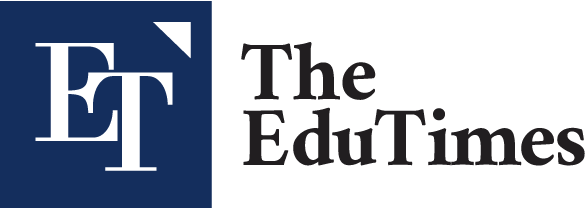Fake College Ranking Data
A few months ago in 2021, an ex-leader of Temple University’s business school was convicted of using fake data to artificially raise the school’s ranking.
Moshe Porat, who headed Temple’s Fox School of Business and Management for 22 years until 2018, colluded with fellow employees to send false data to U.S. News and World Report, a well-known source for American college rankings.
The manipulated data included the number of students sending in test scores, grades, and résumé. U.S. News subsequently listed the institution’s online business program as the top ranking for four consecutive years until 2018. In addition, Temple’s part-time MBA rose to seventh place in the publication’s rankings in 2017 based on false information.
Porat heavily advertised these rankings to attract more students and donations, according to prosecuting U.S. Government lawyers. They added that these falsely inflated rankings led directly to millions in additional donations as well as significant growth in student numbers.
Porat was eventually found guilty of falsifying data “to defraud the rankings system, potential students, and donors” on November 29th of last year.
A fall in ranking
Following the news report on the scandal, the student numbers enrolled in the online MBA at Temple fell dramatically to slightly over one hundred. As recently as 2017, the course had attracted over 330 students, reports NBC News.
After a brief suspension of Temple’s online MBA program from its rankings, U.S. News has now relisted the program, ranking it 105th.
Ibrahim Fetahi, a former student of the school’s online MBA, said the impressive ranking was what drew him to the program. He expressed his troubled feelings, “I will always have a scar on my résumé.”
However, it was reported that one of the lawyers defending Porat had argued the school, rather than Porat, was to be charged with the crime. During the trial, the lawyer said that the institution was obsessed with rankings to the point where it trained its employees on how to perform better in the ranking systems.

A widespread practice
In fact, Temple is far from being the only institution accused of such malpractice. Based on the Inside Higher Ed’s publication, Villanova University’s law school, Tulane University’s business school, Claremont McKenna College, and Bucknell University have also falsified their data.
Nevertheless, the case for Temple is unique in that Porat is thought to be the first leader of an institution to be prosecuted and found guilty by the court for such malpractice.
Robert Morse, responsible for assessing data received by U.S. News, said that schools’ accurate data reporting is essential for the rankings. He also made a firm statement that if schools send false information which leads to an unfairly “inflated rank,” the company will remove responsible institutions from the rankings.
“U.S. News takes cases of misreporting seriously. Our mission is to provide students with accurate, in-depth data to help them in their school search,” he added.
Weighing up college rankings
The Temple scandal raises two salient questions: are rankings to be trusted? And to what extent should students use the rankings in their decision-making to choose a college?
Francie Diep has written several times on college ranking systems for The Chronicle of Higher Education. Diep commented that rankings measure only a few factors while leaving out many other considerable factors that may be important for each student. She suggested students consider wider aspects of colleges according to their priorities and needs.
Tuition fees, a feeling of belonging, or the employment outcome of the graduates, she added, are often priorities for families but are not represented in college rankings.
Advising both American and international students in choosing the best college to attend, Katie Burns acts as a college advisor at IvyWise.
Katie Burns, a college adviser at IvyWise, described a difference in decision-making between American and international students when choosing their schools to attend. She said international students frequently opt for colleges that have international recognition, while American students are more likely to consider colleges that best accommodate their priorities.
She once again emphasized, “The ranking systems are one tool, but they are not the end-all, be-all of your success. You need to have your own benchmark and system for evaluating what’s a good fit for you.”
Read More: Race-conscious College Admissions Policies at Risk







